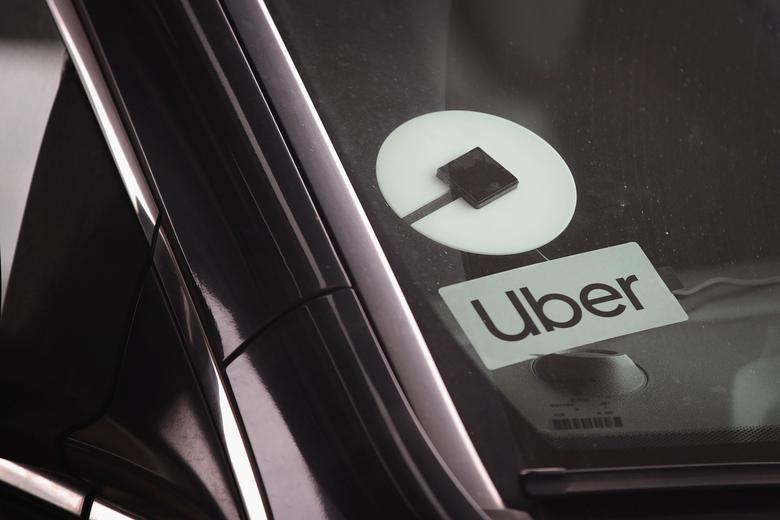×
The Standard e-Paper
Home To Bold Columnists

Uber is set for its Wall Street debut Friday with a massive share offering that is a milestone for the ride-hailing industry and the so-called "sharing economy," but which comes with simmering concerns about its business model.
Shares will be priced at Sh4549 (USD45) for the initial public offering (IPO), valuing the startup at more than Sh8.3 trillion (USD82 billion), according to a filing with the US Securities and Exchange Commission.







